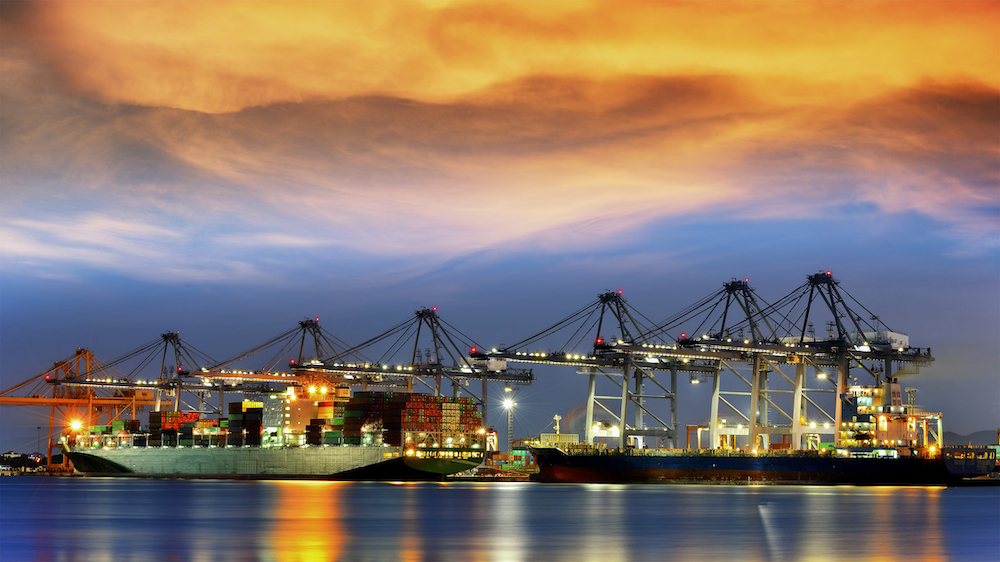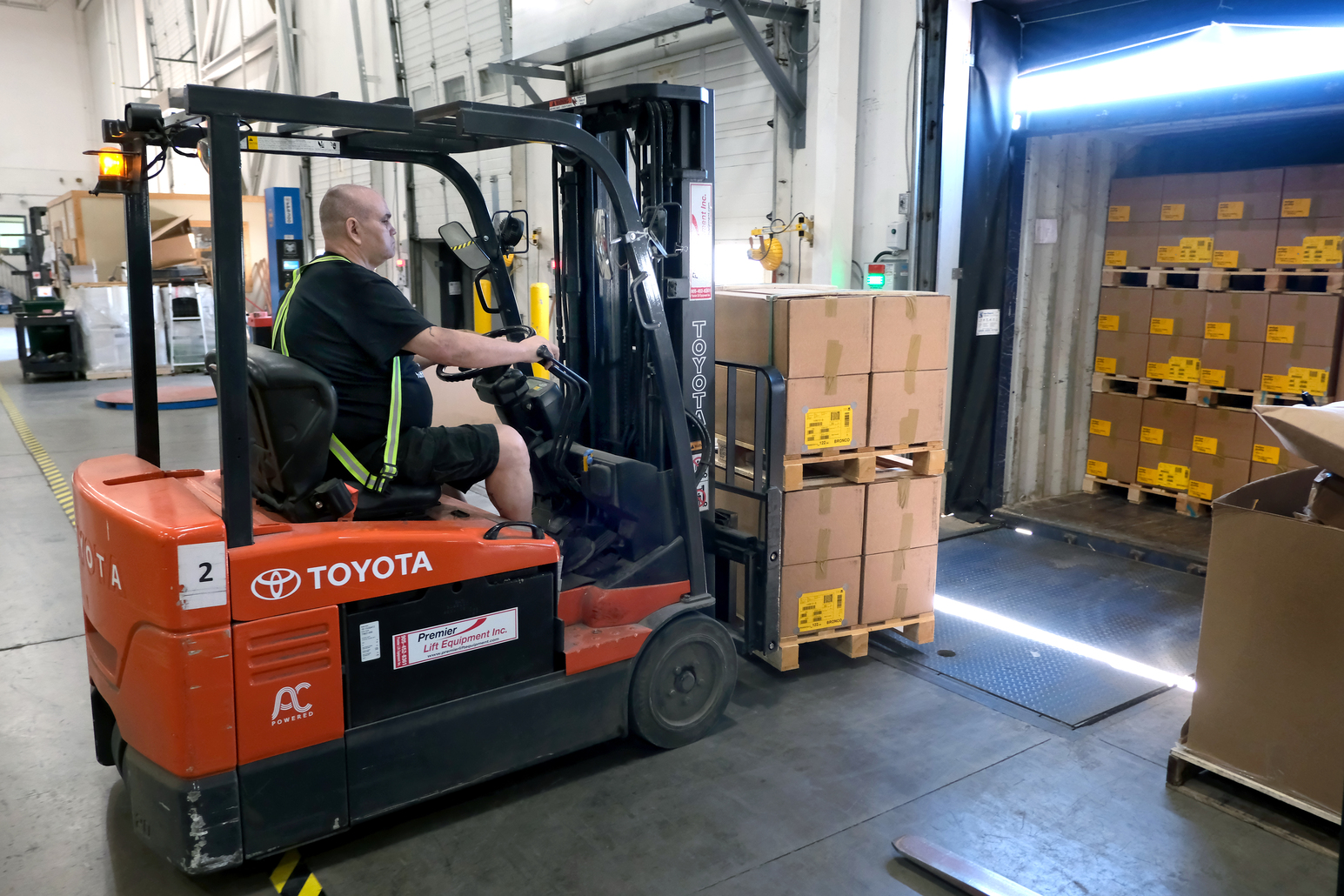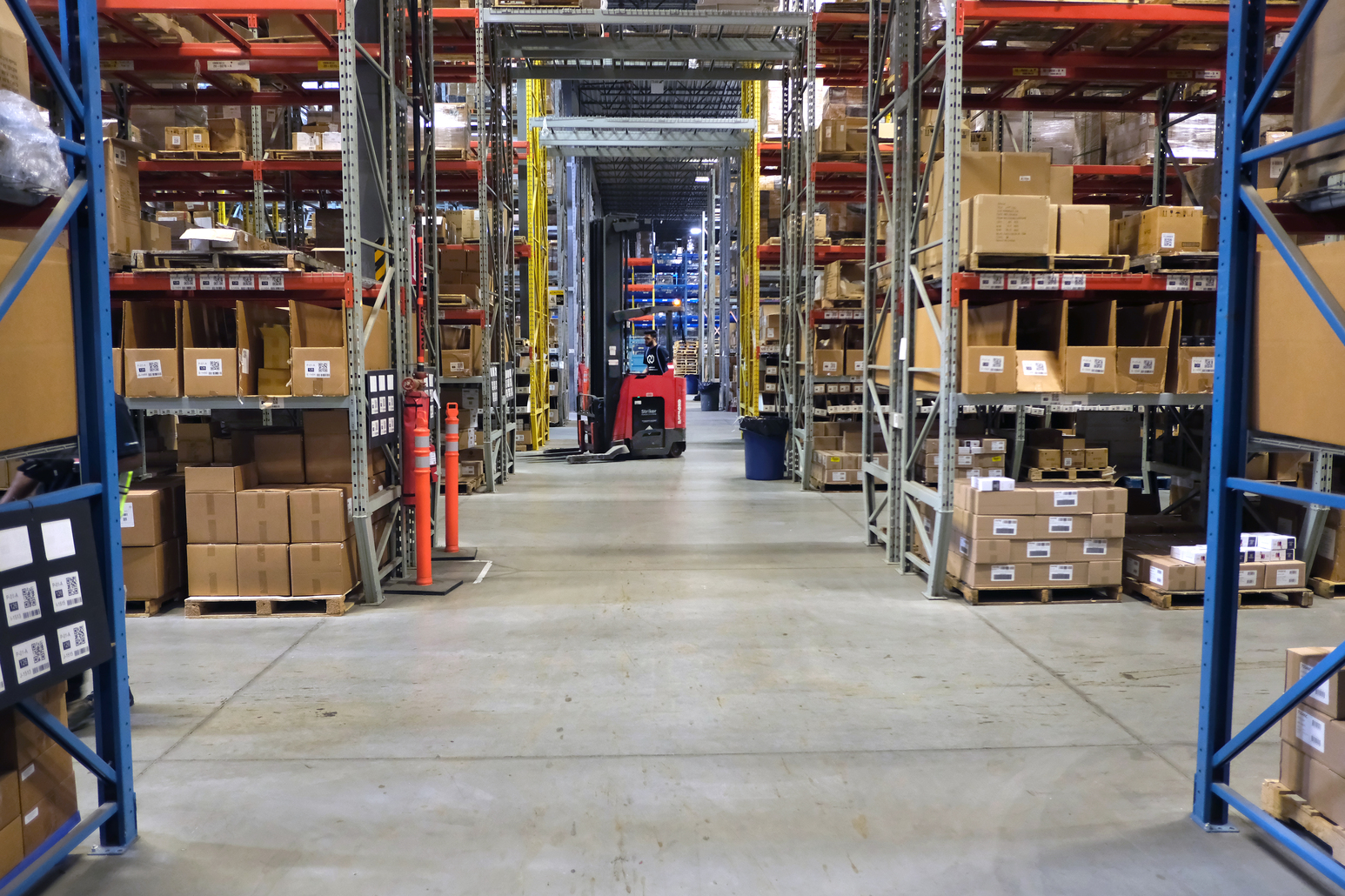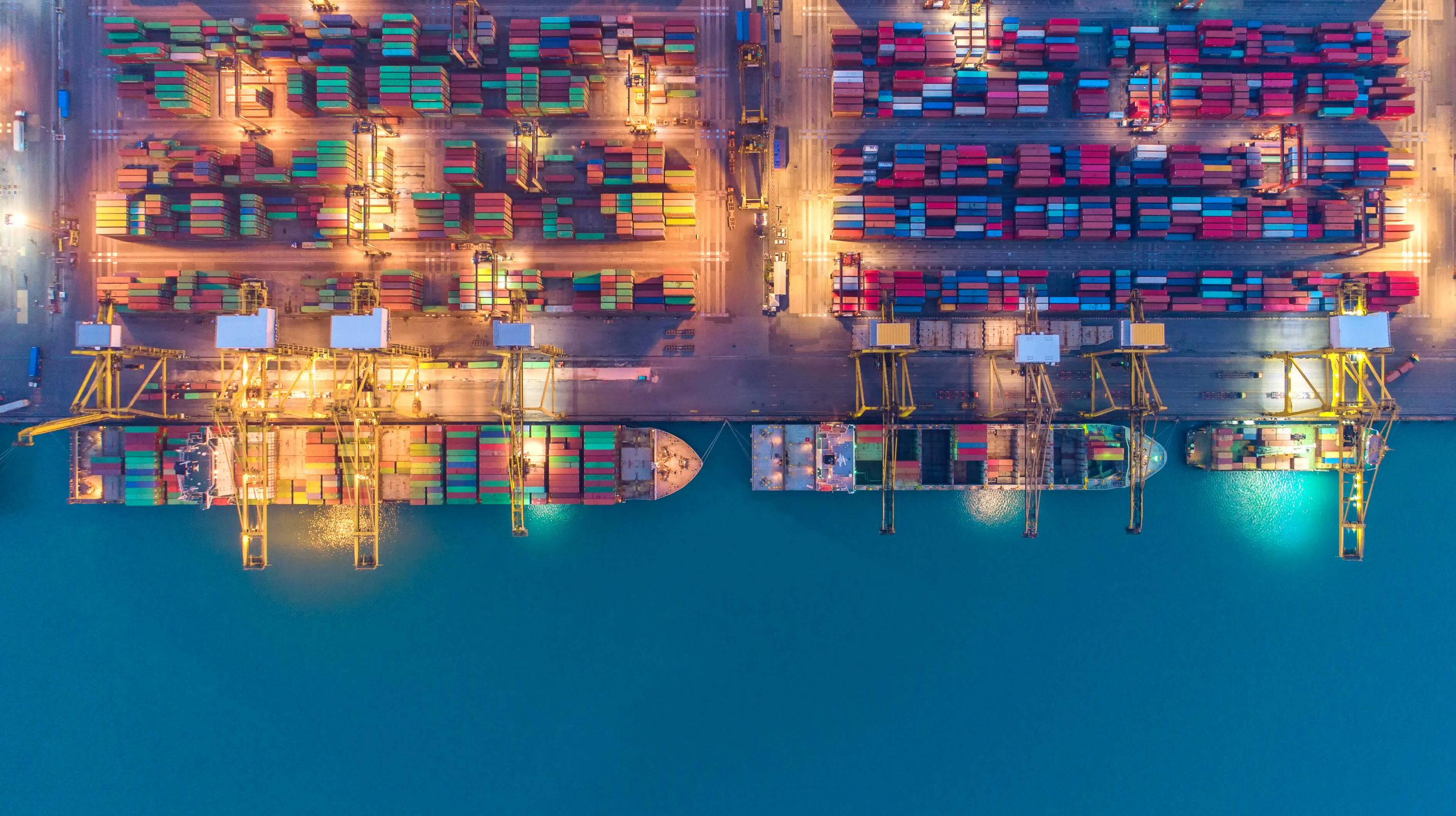The importance of understanding incoterms®
“So, will it be cash or credit?”
“It’s all paid for.”
“Not the duties.”
“What do you mean? The seller is paying for that.”
“Ma’am, I’m literally just the messenger here. Without payment, I gotta take these back to the warehouse.”
By the look on your face, the delivery driver already knows that you’re going to take out your company credit card and cover the charges you never agreed to in the first place. Reluctantly, you pay and sign. And the minute he leaves, you imagine having to explain yourself to accounting. It’s time to start looking for another supplier.
From orders stuck at the border to frustrated carrier employees who too often don’t have all the information on the invoice, the number of exasperating situations for buyers and sellers worldwide is endless. Yet since 1936, incoterms®—international commerce terms—have been created to facilitate global trade and delivery, but they have either been misused or not used at all, causing confusion, disagreement, even loss of profits.
The latest changes
To prevent misunderstandings on imports and exports, incoterms® have been developed and updated by the International Chamber of Commerce (ICC) for all parties involved to understand and respect their obligations, costs, risks, insurance, and clearance responsibilities. The latest update, effective since January 1, 2020, includes 11 three-letter acronyms that specify the obligations related to carriage, delivery, transfer of risk, clearance, packaging, and notices based on the mode of transport used.
The 2020 revisions comprise more specific commercial instructions for carriers, sellers, and buyers. For instance, the incoterm FCA (Free Carrier) now obliges the carrier to create an on-board bill of lading for the seller once the goods have been loaded. The seller will then send it to the buyer. Also, the former incoterm DAT (Delivered at Terminal) has been renamed to Delivered at Place Unloaded (DPU) in order to specify the obligation for the seller to unload the goods at any location, not just the terminal.
Here are the eleven 2020 incoterms®:
Rules for any mode or modes of transport
- EXW: Ex Works
The goods are delivered by the seller on the company’s premises or at another location without any obligation to clear nor to unload the goods. - FCA: Free Carrier
The goods are delivered to the carrier at a named place, and the buyer can choose the carrier. - CPT: Carriage Paid To
The carriage of the goods is paid by the seller until delivery to the agreed destination. - CIP: Carriage and Insurance Paid To
Like under the CPT rule, the carriage of goods is paid by the seller until delivery to the agreed destination. However, the seller also pays for minimum insurance to protect the goods in case of loss or damage during carriage. - DAP: Delivered at Place
The seller is responsible for making the goods available to the buyer at a named location. Costs of insurance during delivery are covered by the seller. - DPU: Delivered at Place Unloaded
The goods are delivered unloaded by the seller to the buyer at a named location. All costs of transport and insurance are covered by the seller. - DDP: Delivered Duty Paid
Delivery, duties, and taxes are paid by the seller, but the buyer is responsible for unloading the goods.
Rules for sea and inland waterway transport
- FAS: Free Alongside Ship
The seller is responsible for delivery once the goods are placed alongside the vessel at the chosen port. Risks of loss or damage while the goods are alongside the ship are assumed by the buyer. - FOB: Free On Board
The goods are delivered by the seller on board a vessel chosen by the buyer. Risks of loss or damage while the goods are on board are assumed by the buyer. - CFR: Cost and Freight
Like under the FOB rule, goods are delivered by the seller on board a vessel chosen by the buyer. Risks of loss or damage while the goods are on board are assumed by the buyer. However, the costs and freight necessary to bring the goods to the named port are covered by the seller. - CIF: Cost Insurance and Freight:
Costs, freight, and minimum insurance to cover the risks of loss or damage are assumed by the buyer until delivery on board the vessel at a port chosen by the buyer.
For more information on the latest changes, review the Incoterms 2020 chart by ICC.
Get training on the 2020 Incoterms®
The Forum for International Trade Training (FITT) partnered with the Canadian Chamber of Commerce (CCC) to offer in-class training on the latest commercial terms across Canada. If you’ve missed it in your city, you can still access the webinar series created by the Canadian Institute of Traffic and Transportation (CITT) for CITT members. Plus, a digital library is available on the ICC website, including free content on incoterms® rules and commercial contracts.
How our team can help:
Find out more on how we can assist you with your international commercial contracts. Contact us.
Keywords: incoterms 2020, ICC, CITT, incoterms rules, global trade, international commerce, obligation, risk, clearance, costs



